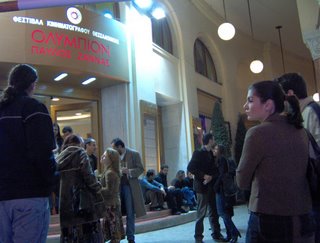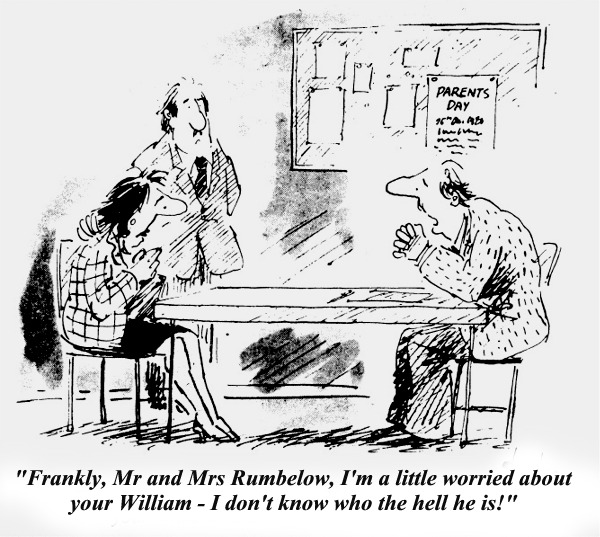PART ONE1 Be friendly, be polite. This is a chance to show the
examiners how well you can speak English, not a fight to
the death.
2 Learn some words that may come up, e.g. the name of
the subject you are studying or the job you want to do
in the future.
3
DO NOT learn a little speech by heart. It sounds
unnatural and you'll get even more nervous than you
need to be trying to remember it.
4 Keep eye contact with the examiner. That means looking
him or her in the eye rather than staring at your shoes
or some point on the wall behind them.
5 Remember there are no wrong answers here, only well-
expressed and badly expressed ones.
6
DO NOT give short, monosyllabic answers, nor tell them
the story of your life.
PART TWO1 Remember that the question you'll be asked will vary.
Sometimes it may require you describe and comment or
you may be asked to compare and contrast.
2 If you don't understand the question ask the examiner to
repeat it. You'll not lose marks for this. However, you will
lose marks for answering the wrong question.
3
DO NOT stop speaking till the examiner tells you your
time is up.
4 Pay attention to what the other person says as you will
be asked a related question when they finish.
PART THREE1 Make sure you understand the question before you start
speaking. If necessary, ask the examiner to repeat it.
2 Move your chair so that you are facing the other person.
Remember what we said about eye-contact. Also use their
name.
3 Start with a question, not a monologue.
4 Listen to what the other person says, comment on it, ask
them questions.
5 If you can't think of something to add, disagree with the other
person, whatever they say. It's always easier to have
something to say if we disagree.
6 Give the other person chance to speak. You'll lose
marks if you monopolise the conversation.
7
DO NOT stop speaking until the examiner tells you that
your time is up.
PART FOUR1 Remember the questions asked in this part are always
connected with the topic in part three.
2 Give full answers, not just short, monosyllabic ones
3 Comment on what the other person says, use their name.
4 There are no wrong answers, only badly-expressed ones.


















































